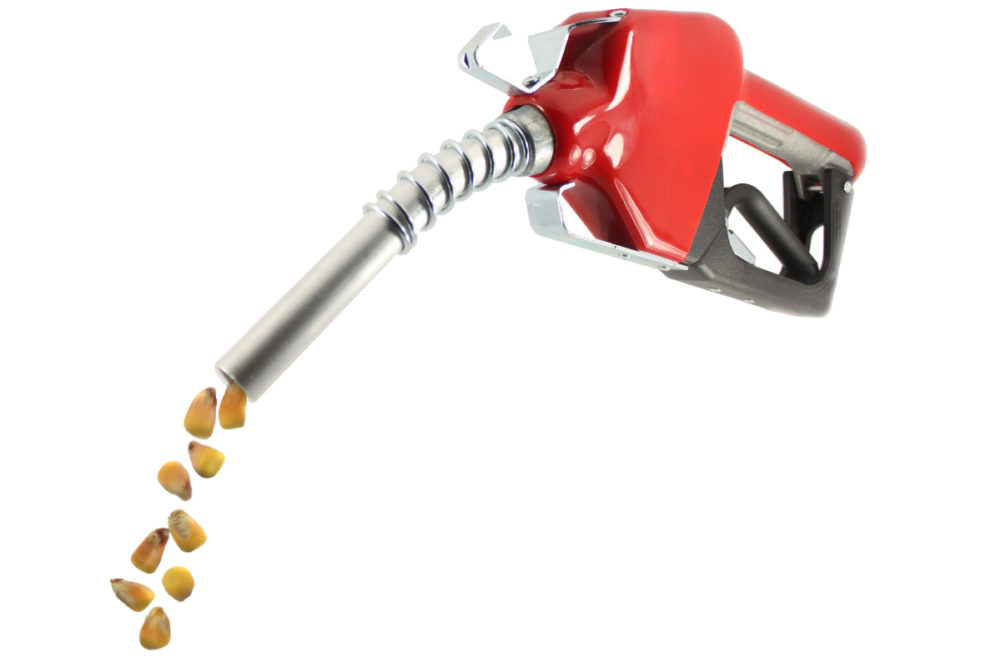UTRECHT, NETHERLANDS — The future of biofuels beyond 2045 does not look promising, according to a new study by Rabobank.
Demand is expected to decline, which will encourage biofuel companies to look for alternative uses for their products.
Decarbonization of EU road transportation will require a multifaceted approach beyond traditional biofuels that includes renewable electricity, green hydrogen and other advanced biofuels. This, along with regulations banning internal combustion engine cars by 2035, will impact the demand for fossil fuel and biofuel as early as 2025, with a bigger impact after 2030.
The EU is looking to become climate neutral while achieving net-zero GHG emissions by 2050.
“The road transport sector is by far the biggest contributor of GHG emissions, representing 22% of the total share of emissions of the entire industry in the EU,” said Maria Afonso, senior analyst – Sugar, Grains & Oilseeds at Rabobank. “This explains the need for tighter policies in this sector, especially for passenger cars, which account for 61% of road transport emissions. The proposed reduction target for the transport sector is 13%.”
The pathway to decarbonization in the EU is geared toward the electrification of the car fleet, and the use of renewable or green hydrogen in heavy and commercial vehicles.
Electrification and hydrogen adoption in road transport will have a negative impact on the demand for fossil and biofuels, especially after 2030. In the short term until 2025, given the higher replacement rate of diesel vehicles, Rabobank forecasts that diesel and biodiesel demand will decline at the same rate of almost 4% from 2020 levels.
On the other hand, gasoline and bioethanol demand is expected to grow by 5% until 2025, as the replacement rate of gasoline motor vehicles will take longer to have an impact.
A steeper decline will show in the years that follow, as new technologies start to replace the old vehicle fleet.
“By 2030, we expect diesel demand to be 10% below its 2020 levels, and bioethanol to be down by 5%. By 2050, biofuel demand will be more than half lower than 2020 levels,” Afonso said.
The long-term outlook for biofuels, beyond 2045, does not look good, Rabobank said. By then, most of the EU vehicle fleet already will have been replaced with electric and hydrogen vehicles. The expected decline in biofuels demand is likely to encourage biofuel companies to look for alternative uses for their products.
Afonso said that unless policies change to allow these biofuels to be used directly as fuel, it is unlikely that there will be additional investments to expand capacity of conventional biofuels even with the positive short-term outlook and considering that there is existing idle capacity available.






